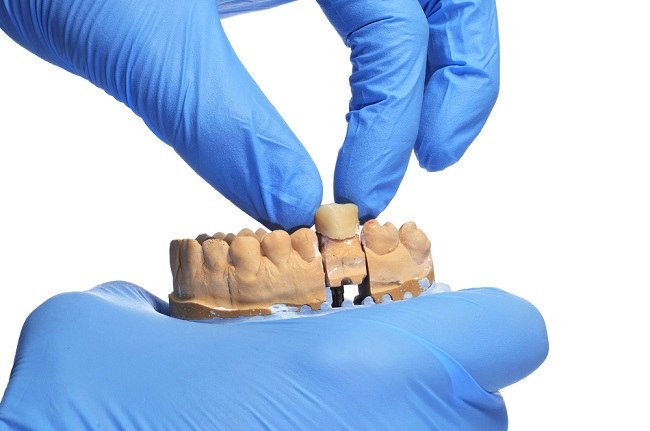Kidney infection or pyelonephritis is a serious medical condition that can cause permanent kidney damage. As an anticipation, it is important for you to recognize the things that can be the cause of kidney infection, along with their handling.
The cause of kidney infection is generally bacteria. These microorganisms can spread from infections in other places, such as the bladder and urethra. Kidney infections can be experienced by anyone, both children and adults.

Typical symptoms that arise due to kidney infection is the discharge of blood or pus in the urine. Other symptoms that follow may include fever, nausea, vomiting, loss of appetite, lower back pain, painful urination, and an unusual smell of urine.
Causes of Kidney Infection
Bacteria Escherichia coli (E. coli) was rated as the most common cause of kidney infection. These bacteria come from the intestines and can be excreted in the feces. If hygiene is not maintained properly, bacteria can enter through the urinary opening, multiply in the urethra, and cause urinary tract infections (UTIs).
If a UTI is not treated promptly, bacteria can spread and cause a bladder infection. From here, the chance of bacteria to spread to the kidneys becomes greater.
Apart from lack of hygiene, several factors that can also increase the risk of kidney infection are:
- Using a urinary catheter in the long term
- Having a blockage in the urinary tract, for example due to kidney stones or an enlarged prostate gland
- Having abnormalities in the shape of the urinary tract, such as urethral strictures
- Have a weak immune system, for example due to diabetes, HIV/AIDS, or side effects of taking immune system-suppressing drugs
- Suffering from nerve damage around the bladder
- Suffering from a disease that makes it difficult to urinate (urinary retention), for example multiple sclerosis or spina bifida
- Having an abnormality in the valves in the bladder that causes vesicoureteral reflux, which is the back of urine from the bladder to the kidneys
- Undergoing medical procedures, such as urinary tract surgery or cystoscopic examination
How to Treat Kidney Infections
If a lab test proves that you have a kidney infection caused by bacteria, your doctor will prescribe antibiotics, such as:
- Levofloxacin
- Ciprofloxaine
- Co-trimoxazole
- Ampicillin
Antibiotics can be taken orally or given in the form of an infusion. Antibiotics taken should be taken according to the doctor's advice, even if the complaint of infection improves after a few days.
In addition to addressing the main causes of kidney infection, doctors also need to address the risk factors that trigger the occurrence of infection, so that kidney infections do not recur. If the trigger for a kidney infection is a urinary tract deformity, an enlarged prostate, or kidney stones, your doctor may suggest surgery to treat it.
Most of the bacteria that cause kidney infections will disappear after getting the right treatment. However, preventing infection would certainly be better. Ways that can be done are starting from cleaning the intimate organs properly every time you urinate and defecate, drinking enough water, avoiding holding back urination, and getting used to urinating after sexual intercourse.
If you have frequent urinary tract infections or have other conditions that can cause kidney infections, such as an enlarged prostate or kidney stones, you should consult your doctor to find out what treatments you can take to prevent kidney infections.









